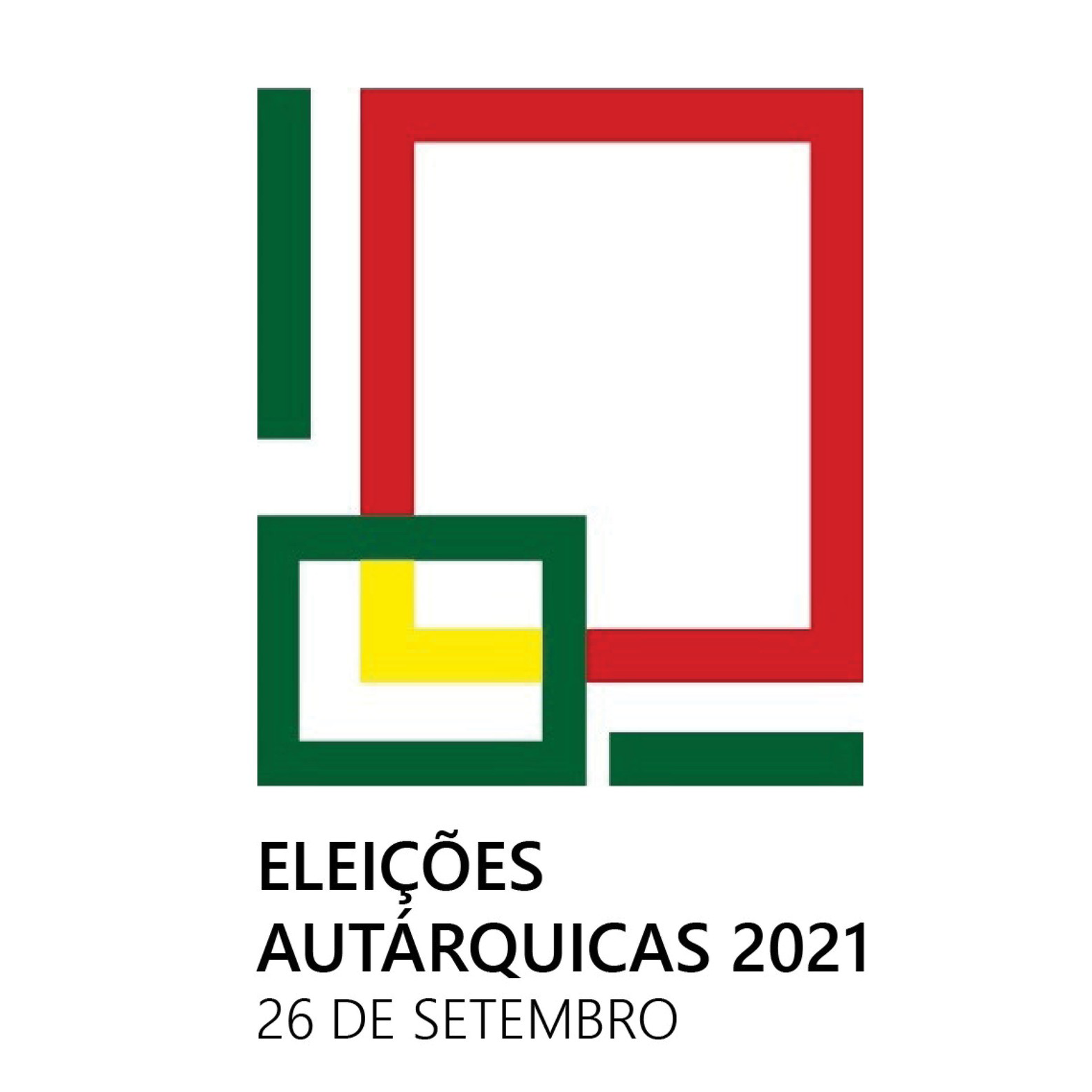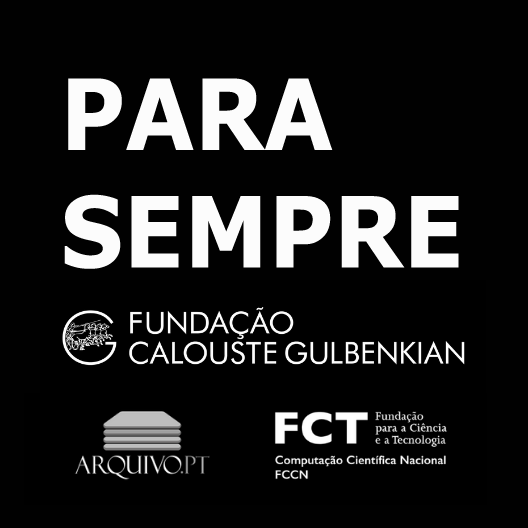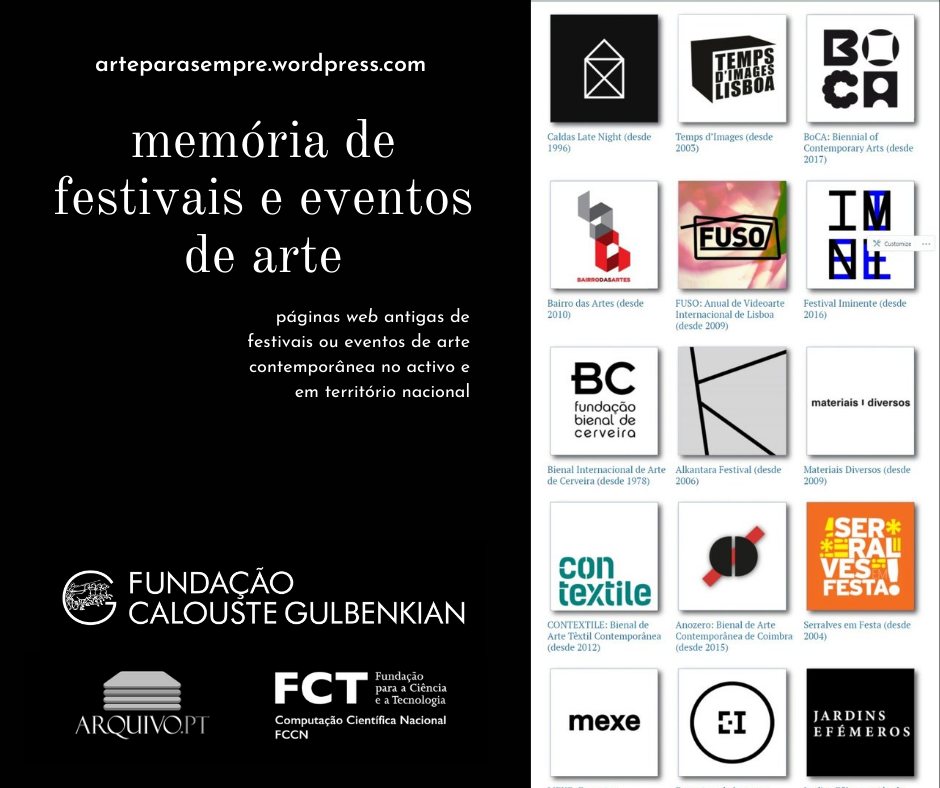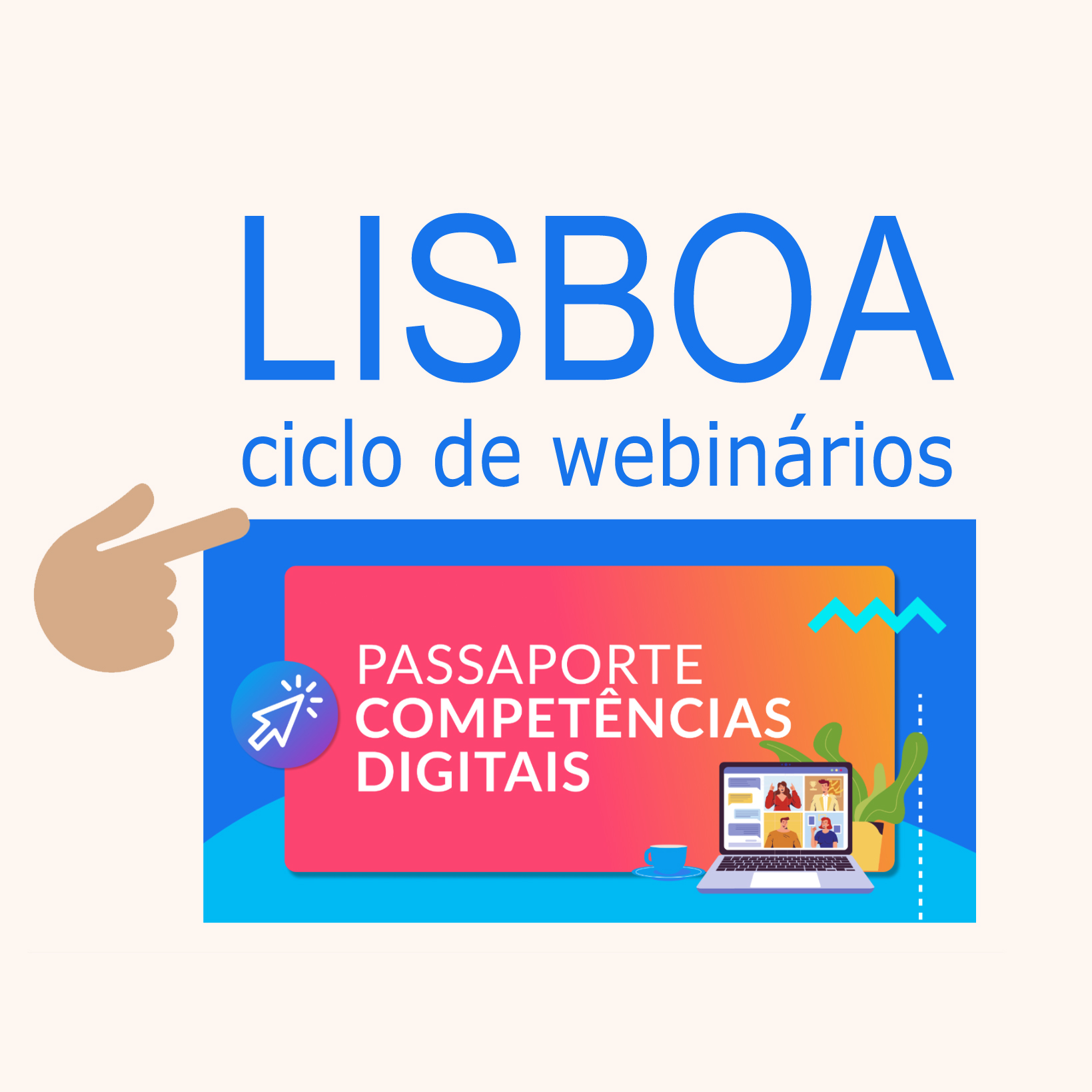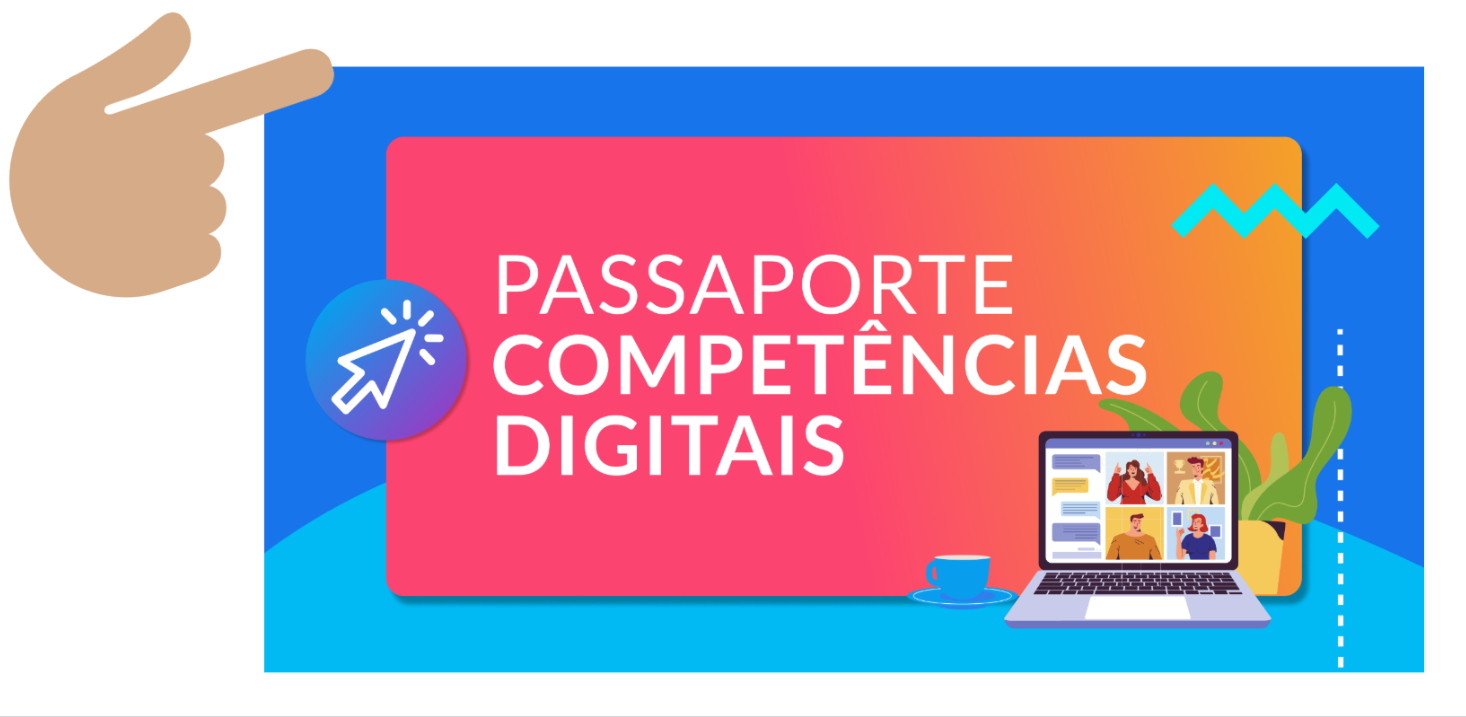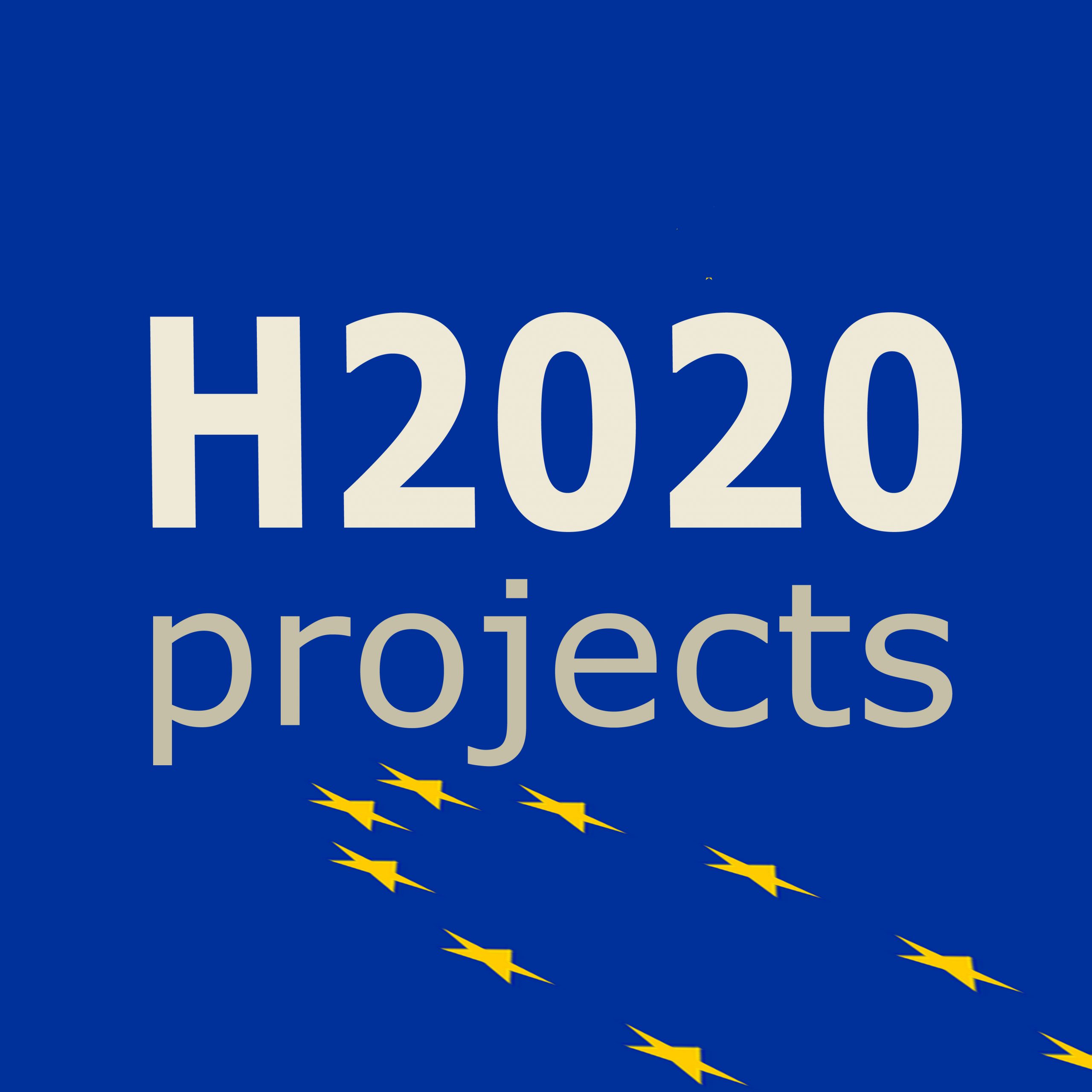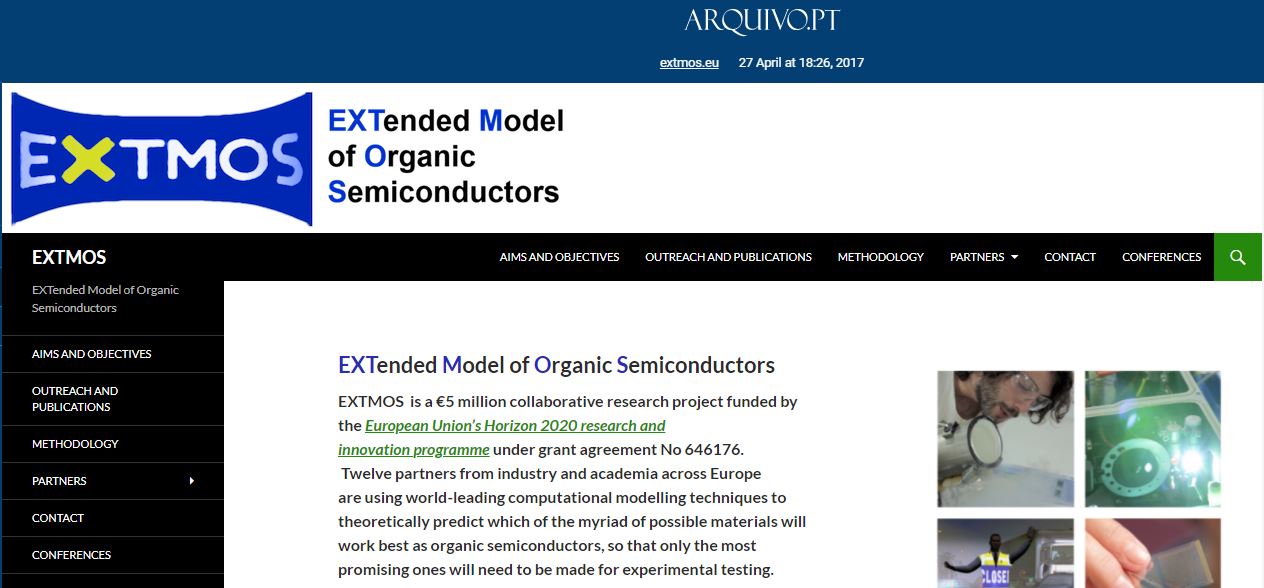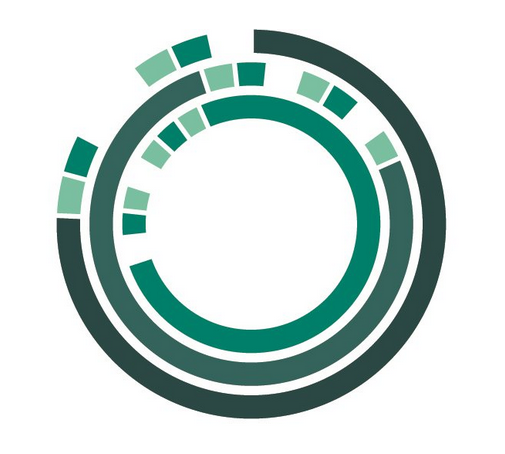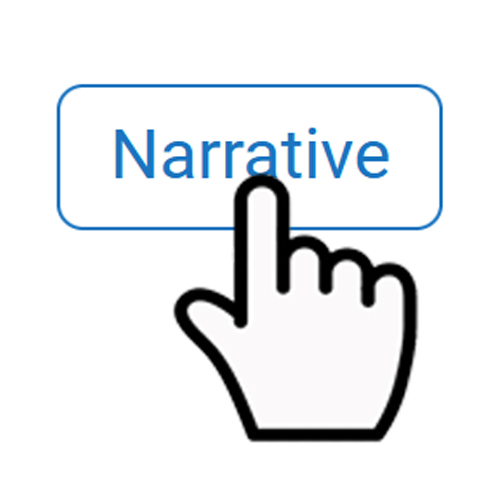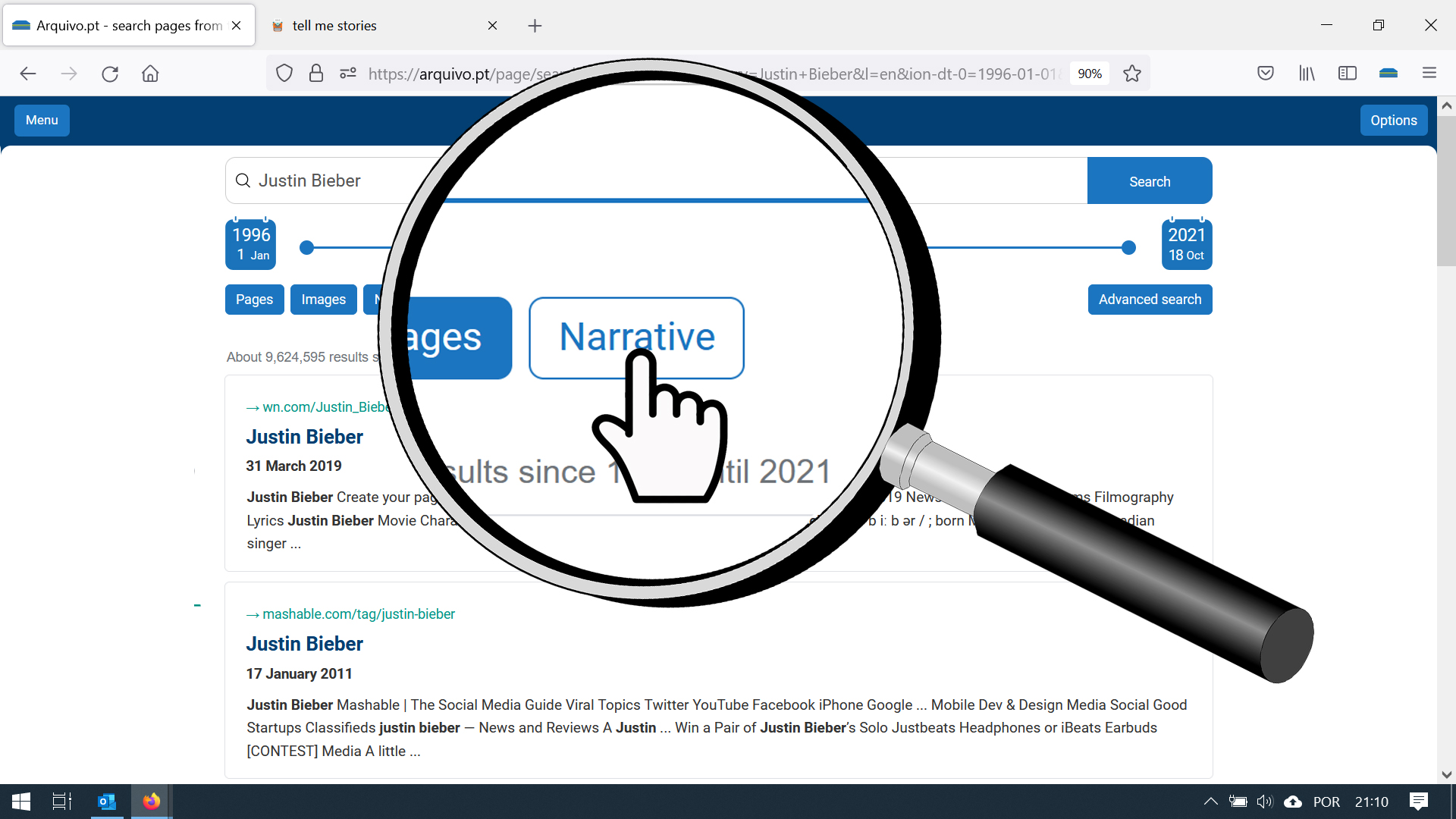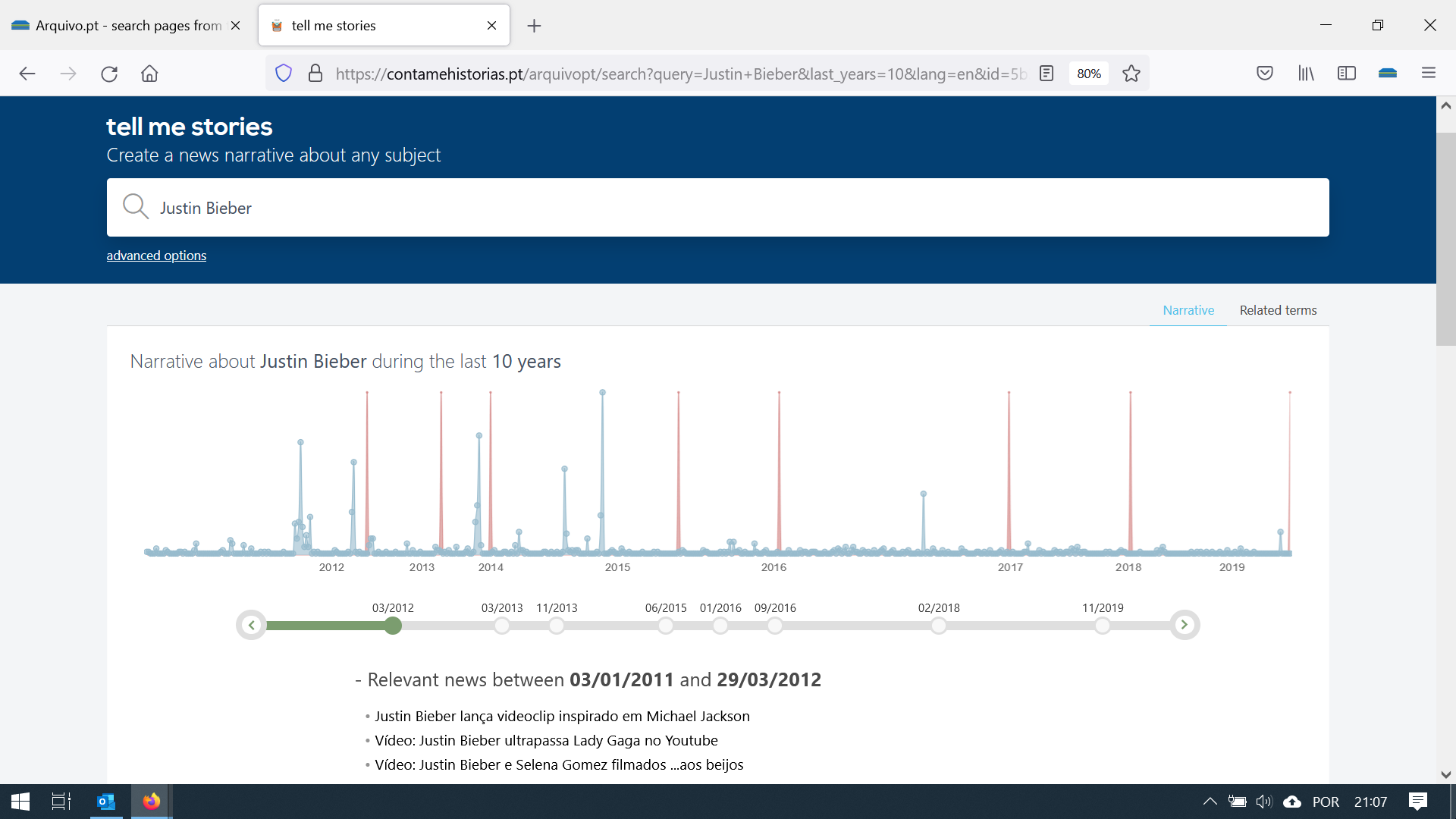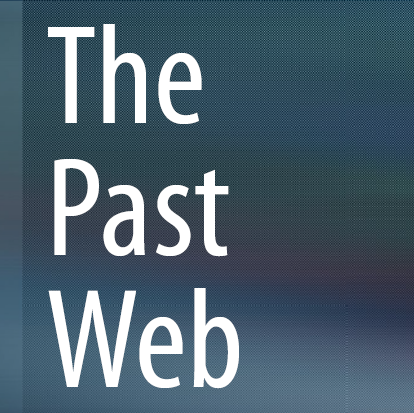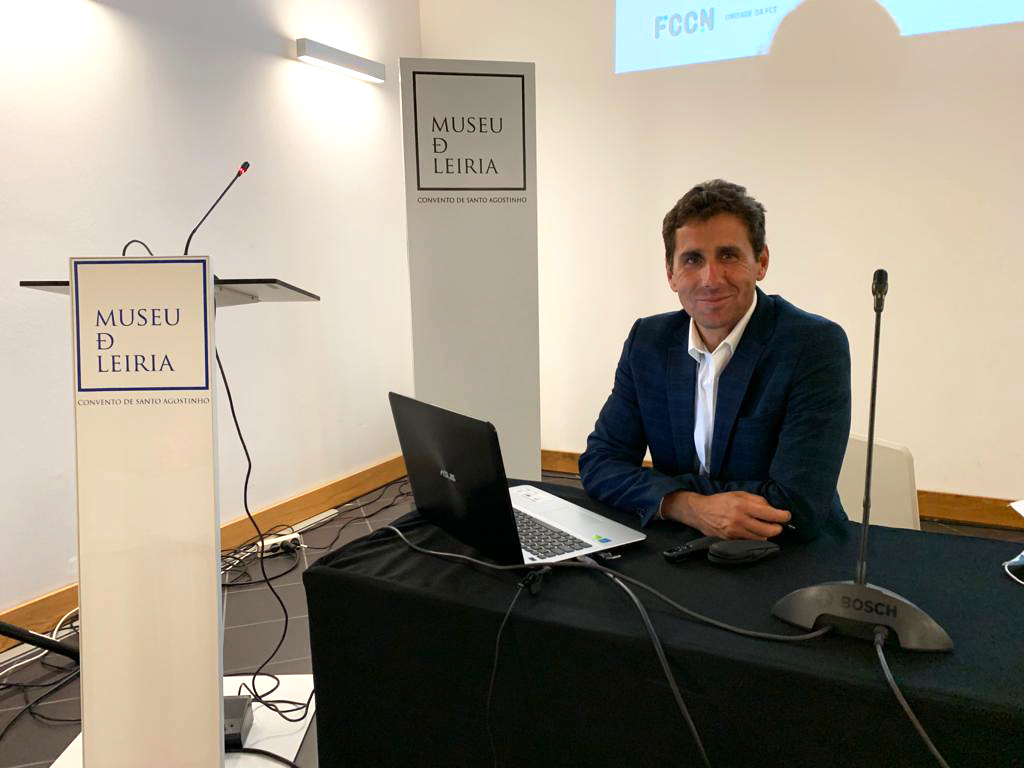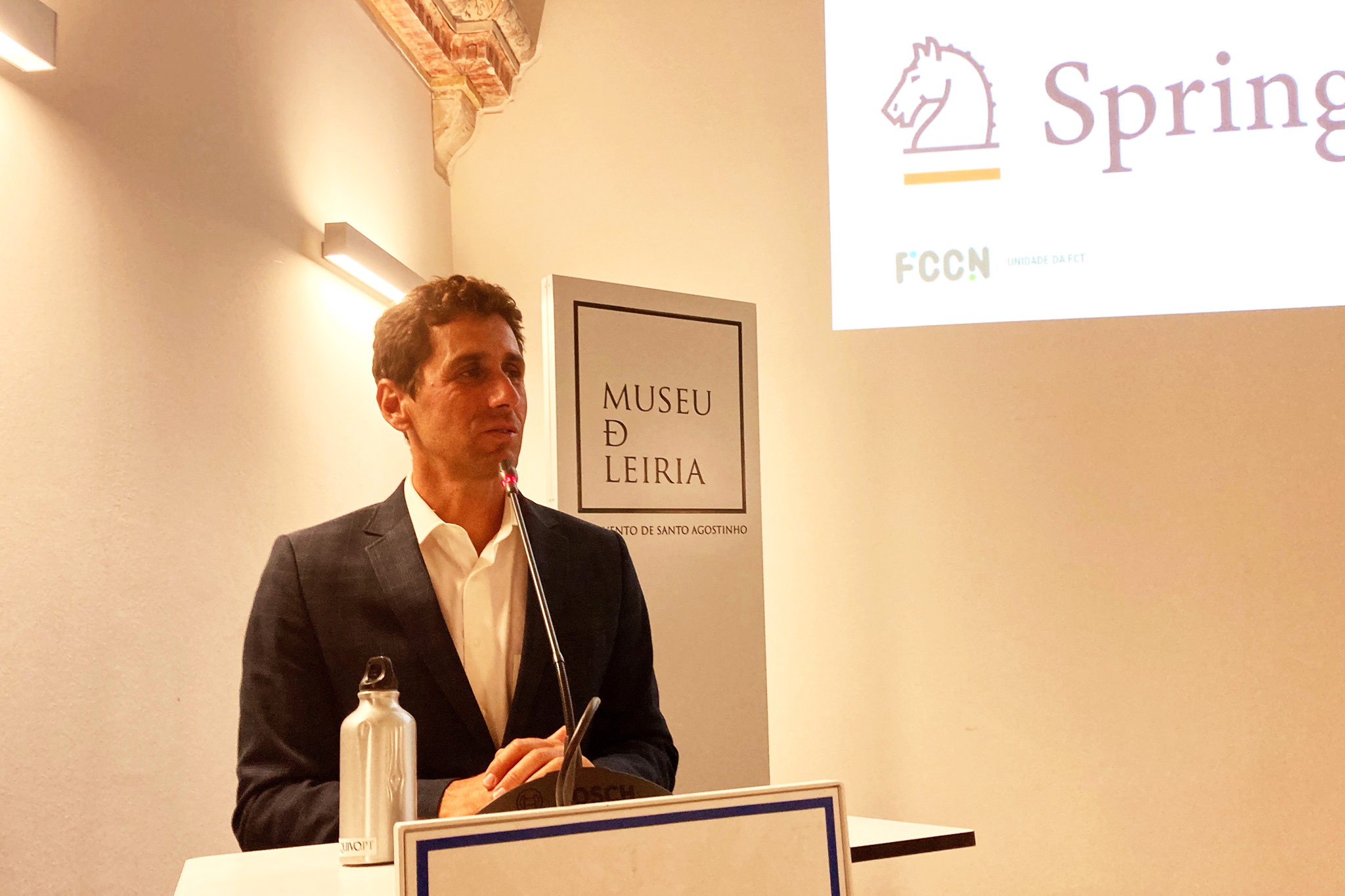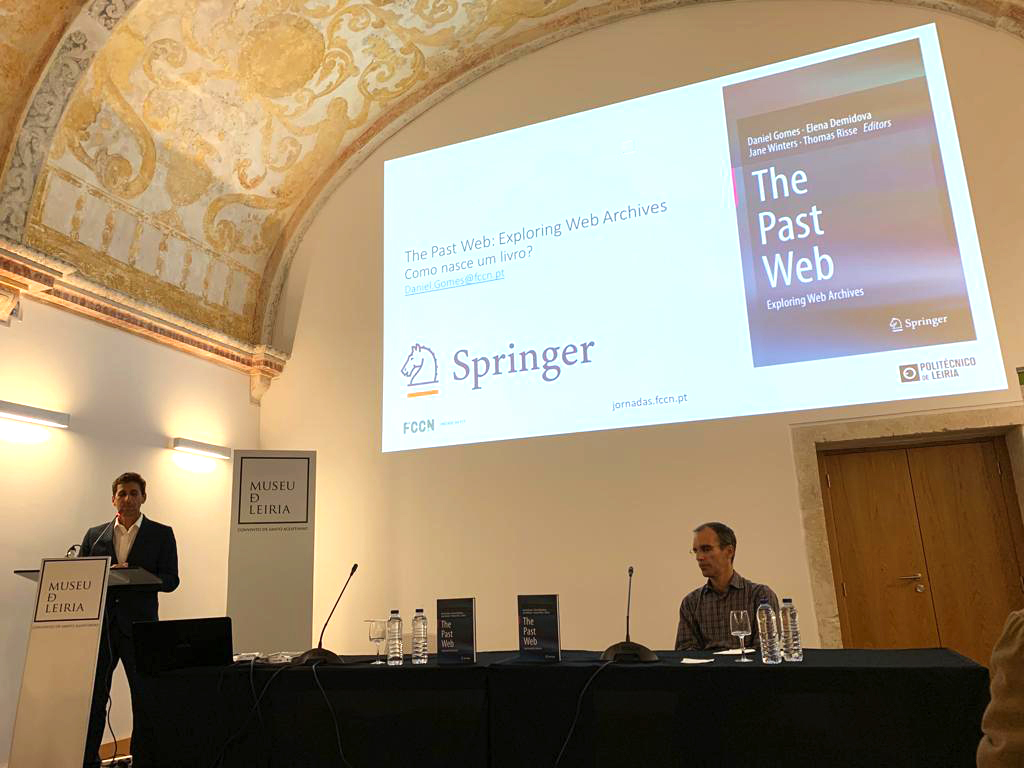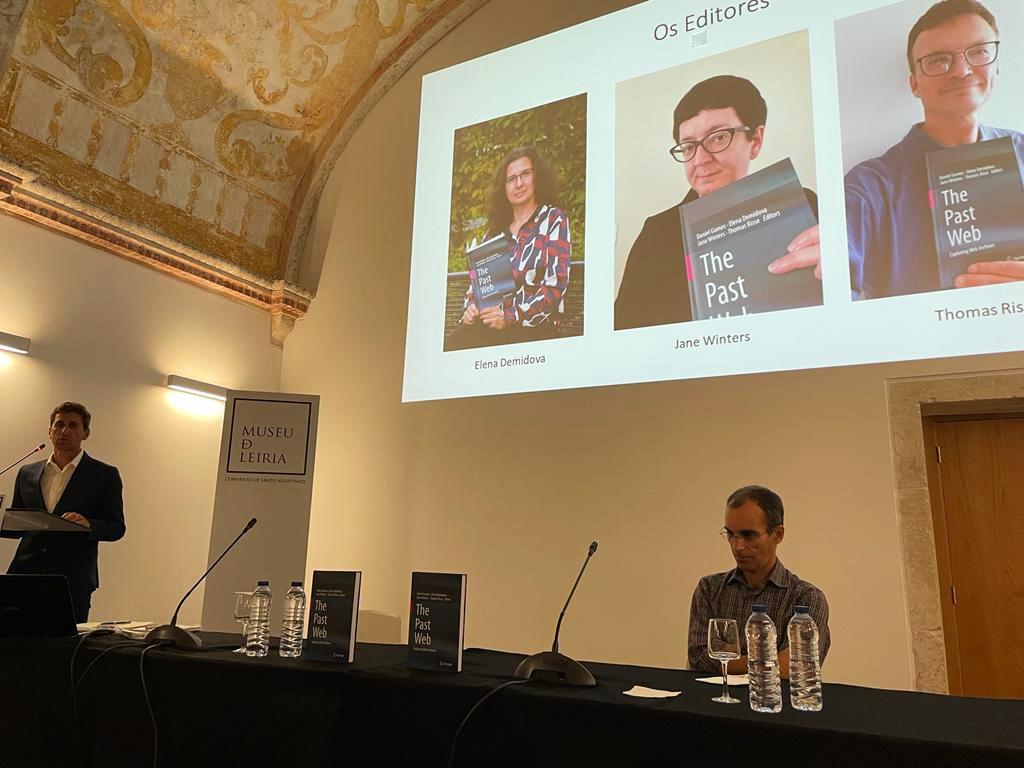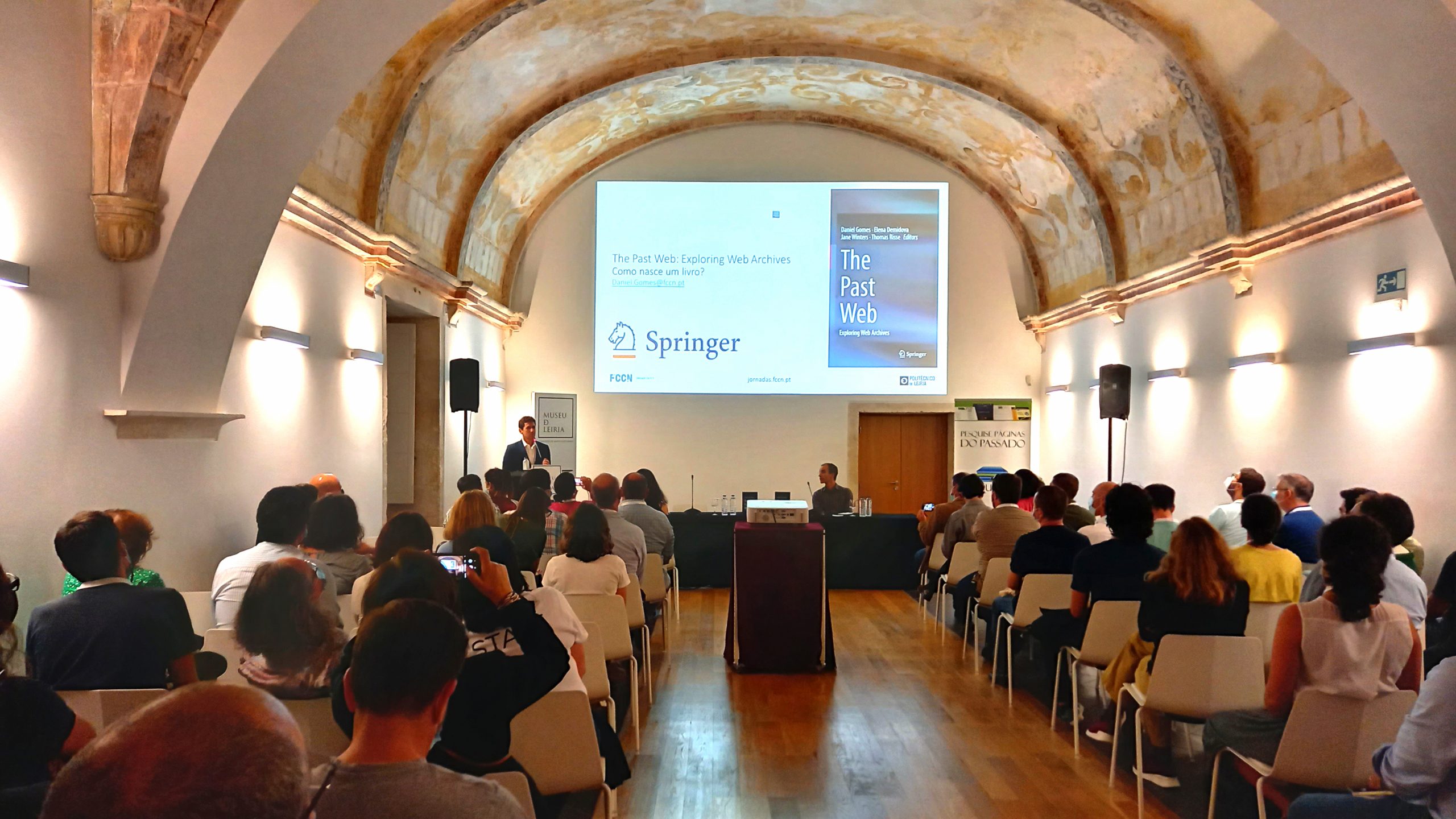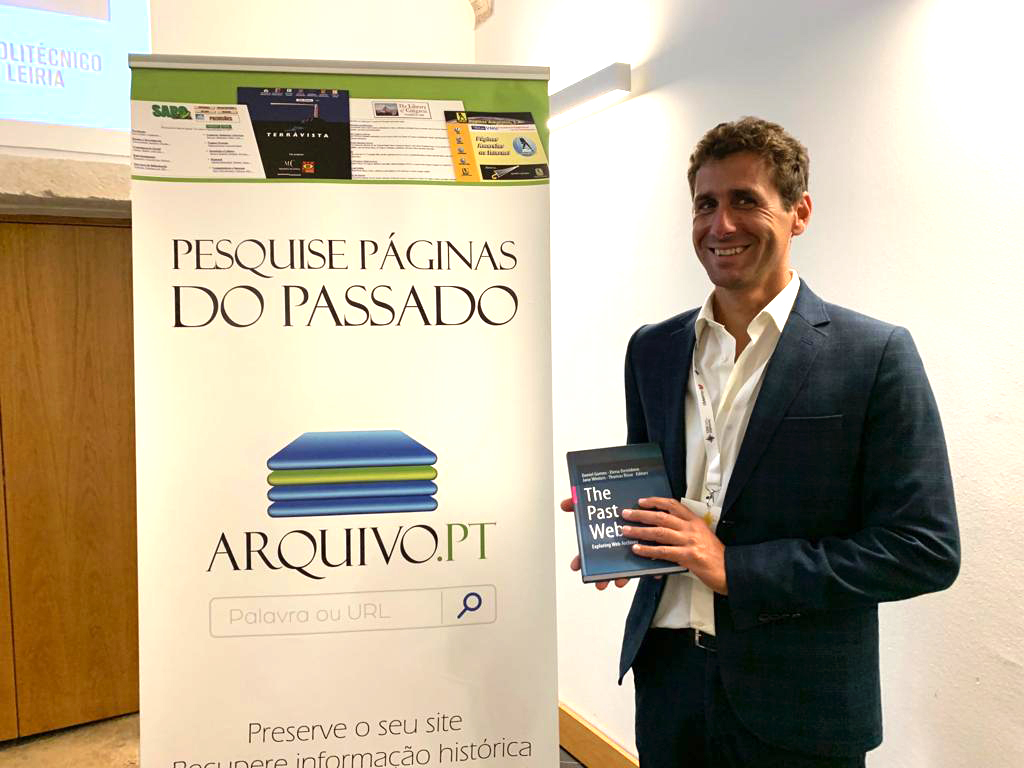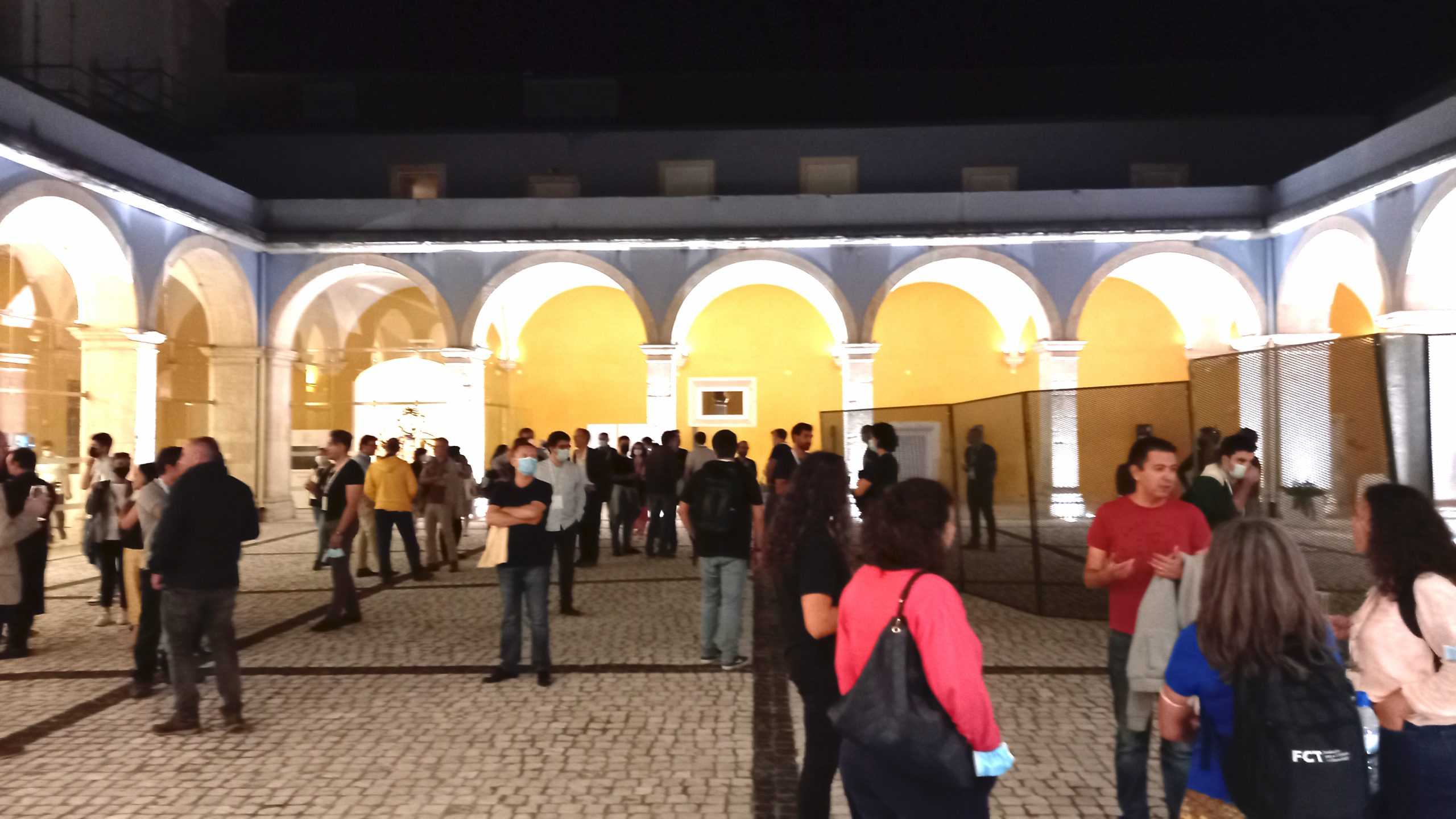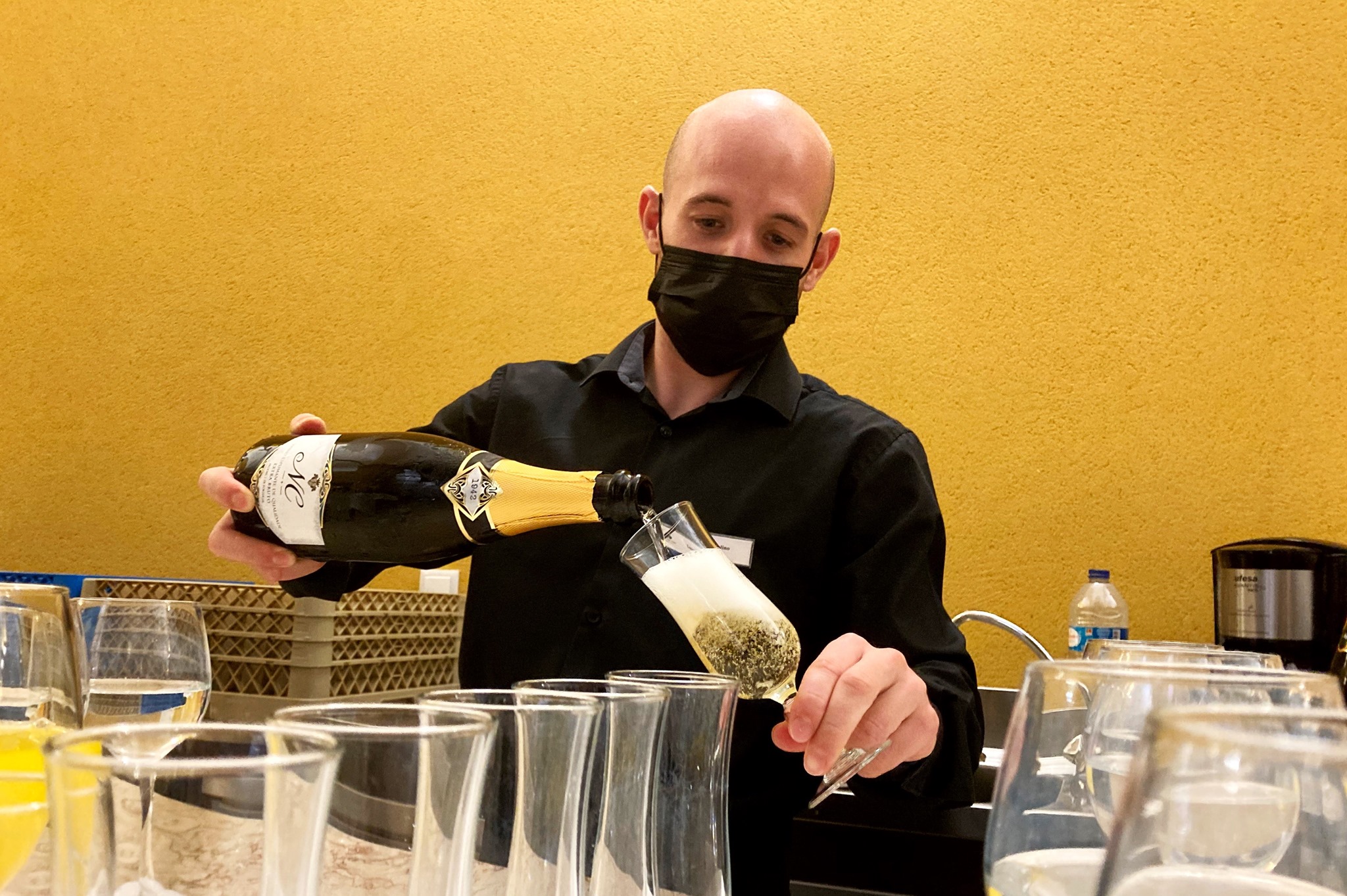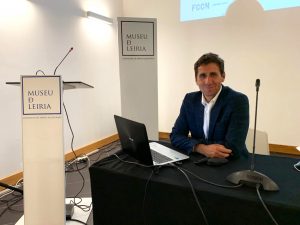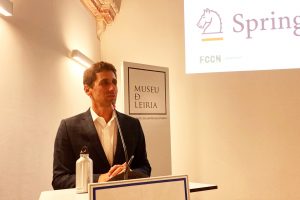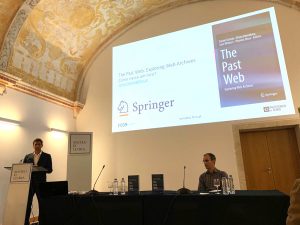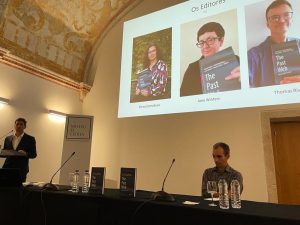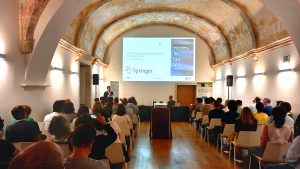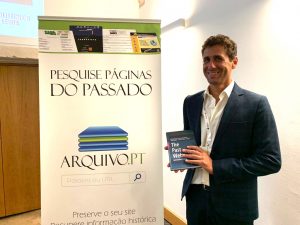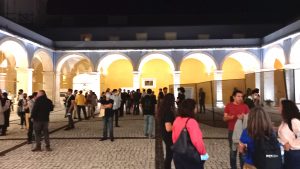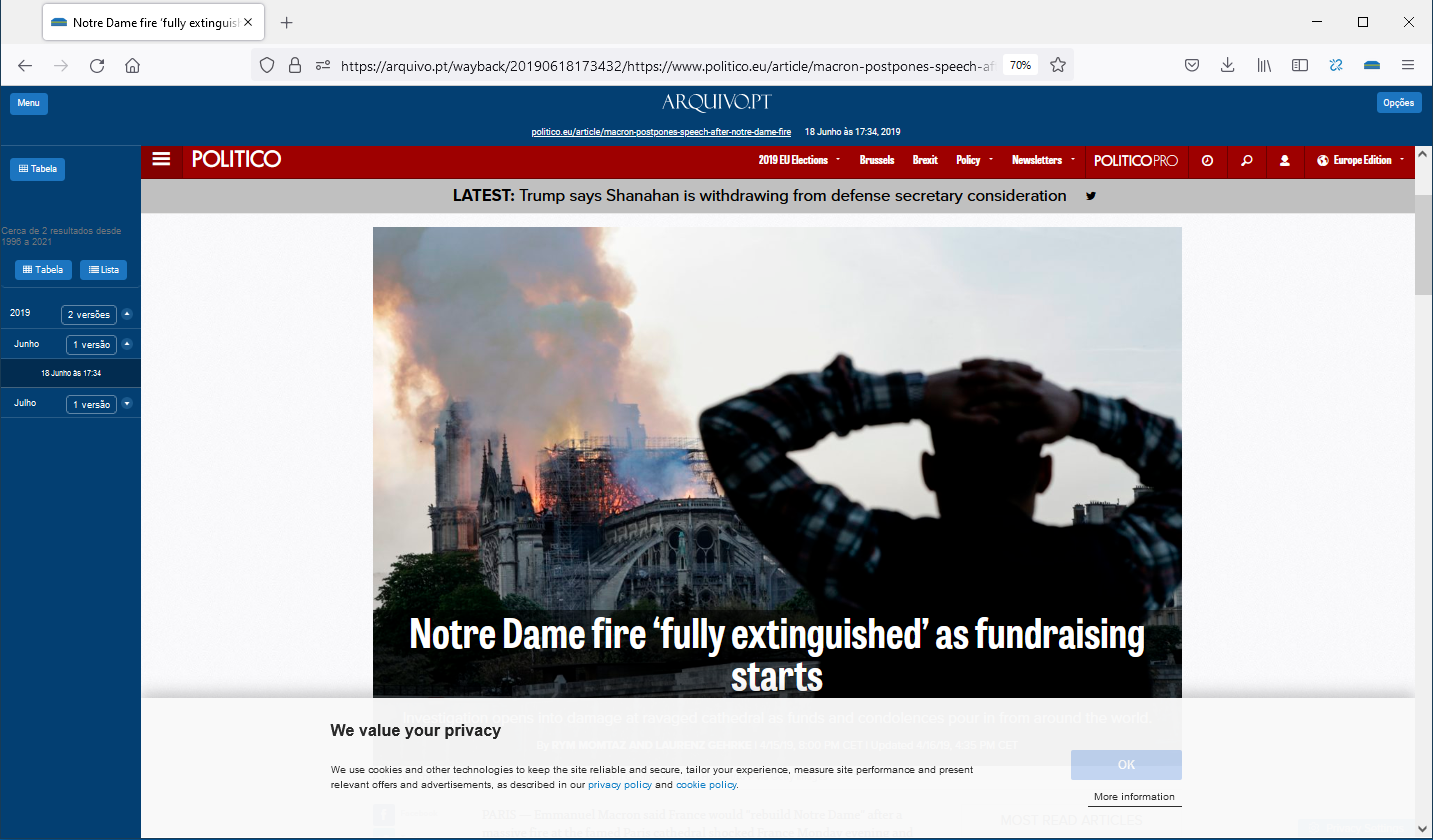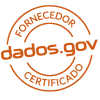Last updated on August 6th, 2024 at 02:11 pm

Share this page: arquivo.pt/onlinecafe
Welcome to the third season of the Online Cafe with Arquivo.pt
Talk directly to the Arquivo.pt team and get answers to all your questions! The Arquivo.pt launched a new cycle of team chats with you through online sessions. Brief introductory presentations will be given, leaving time to ask all your questions about how to get more out of Arquivo.pt or how to apply to the Arquivo.pt Awards.
Sessions
February 17, 2022 – Primeiras páginas de jornais online portugueses
“Primeiras páginas de jornais online portugueses” (Front pages of Portuguese online newspapers) presents an interactive graphical analysis of the front pages of Portuguese online newspapers. For this study, specific items within the newspaper design were analysed, thus allowing trends to be observed over time.
Susana Parreira, explains how she developed this work as part of her Masters, with the collaboration and guidance of Ana Boavida (Universidade de Coimbra) Ana Sabino (Instituto Politécnico de Castelo Branco) and Penousal Machado (Universidade de Coimbra).
22nd session – January 20, 2022 – Politiquices
Politiquices.pt, allows to research support or opposition relations between political personalities and parties expressed in news headlines. This application uses information preserved in Arquivo.pt to create an ontology of relations. It uses Natural Language Processing technology. David Batista, 2nd place of Arquivo.pt Awards 2021, will explain how he developed his work and demonstrate the applications for researchers and citizens in general.
Special session – World Digital Preservation Day 2021 – Major minors project – november 5
In November, World Digital Preservation Day is broadly celebrated and, to mark this international initiative, Arquivo.pt held an online session open to the community. Special guests of this session were the winners of the Arquivo.pt Award 2021, Leandro Costa, Paulo Martins and José Carlos Ramalho.

